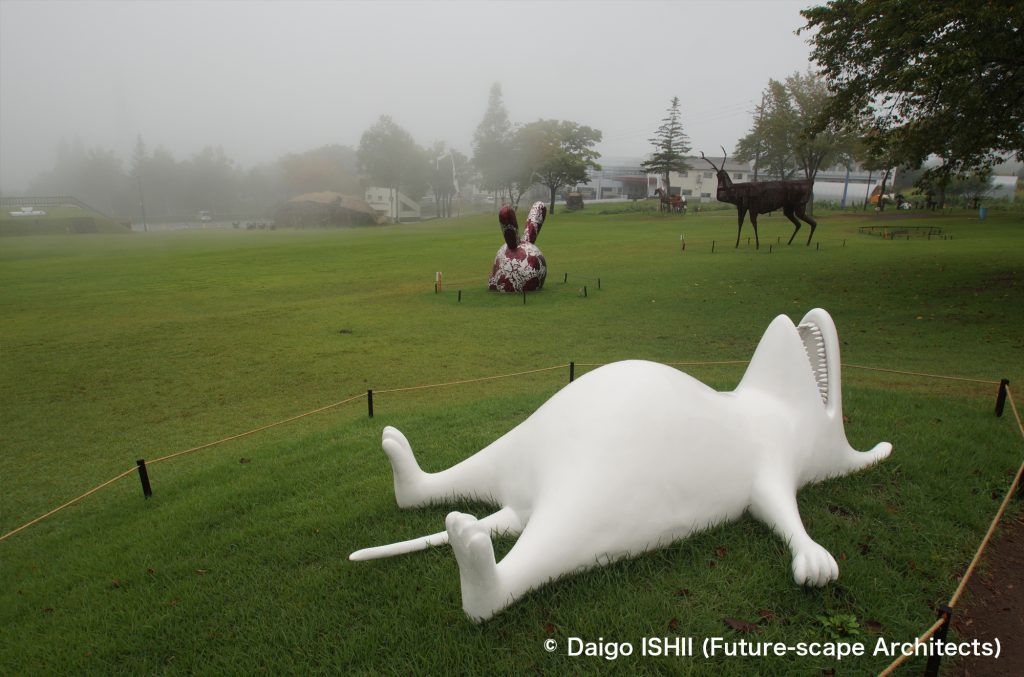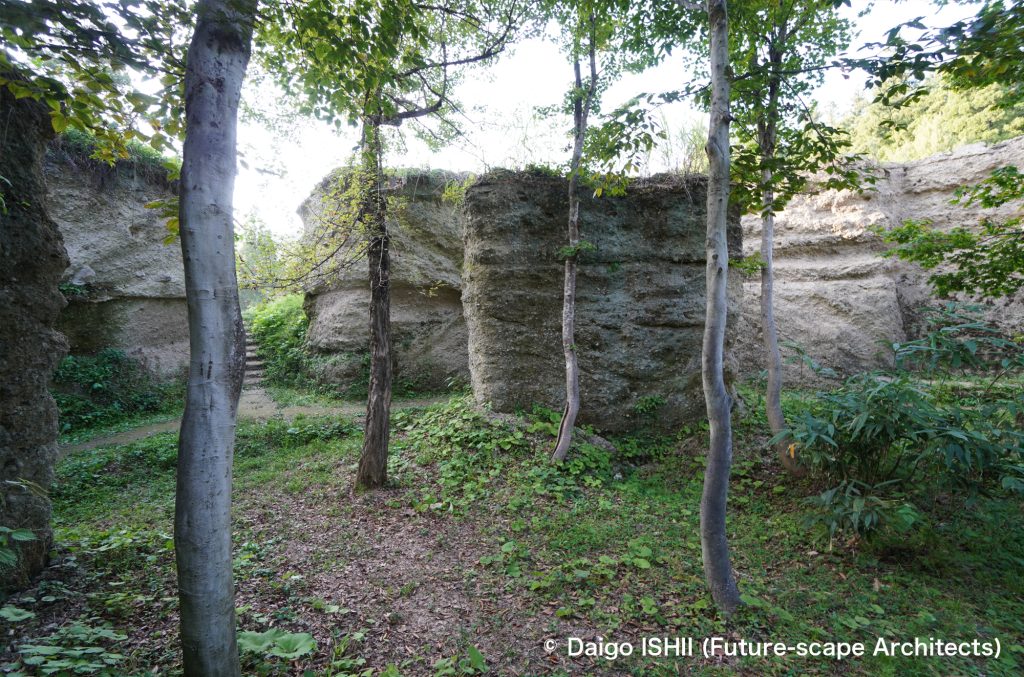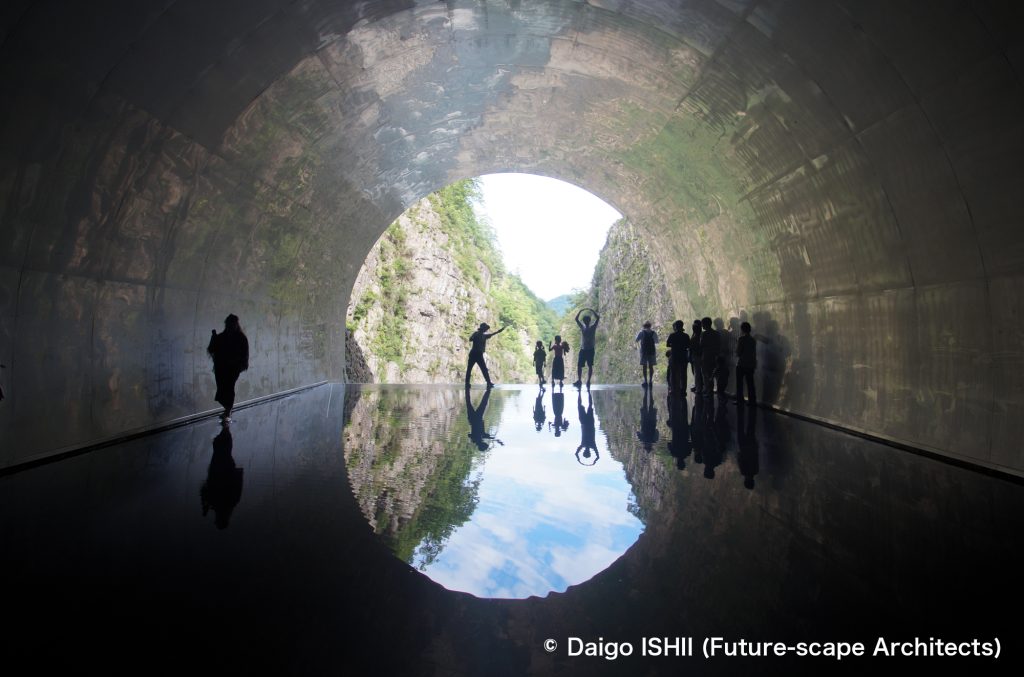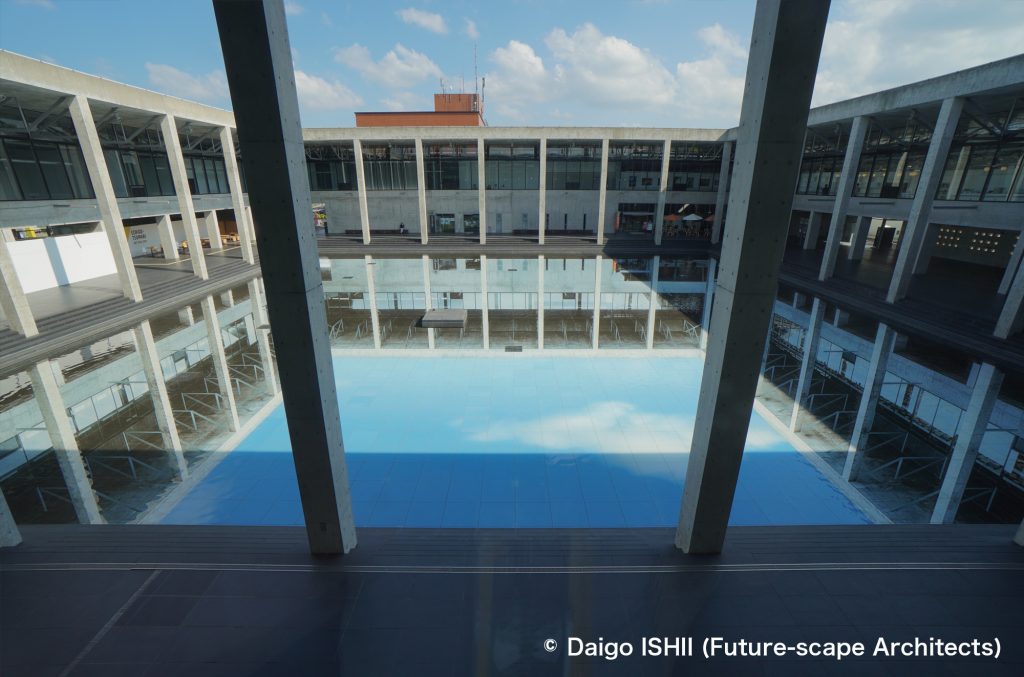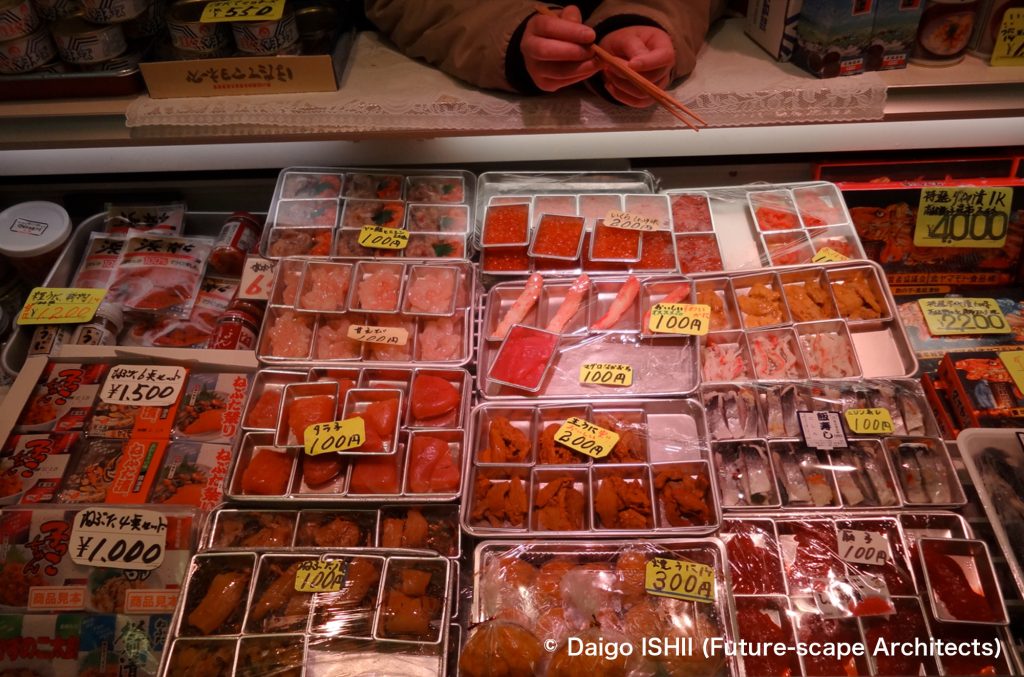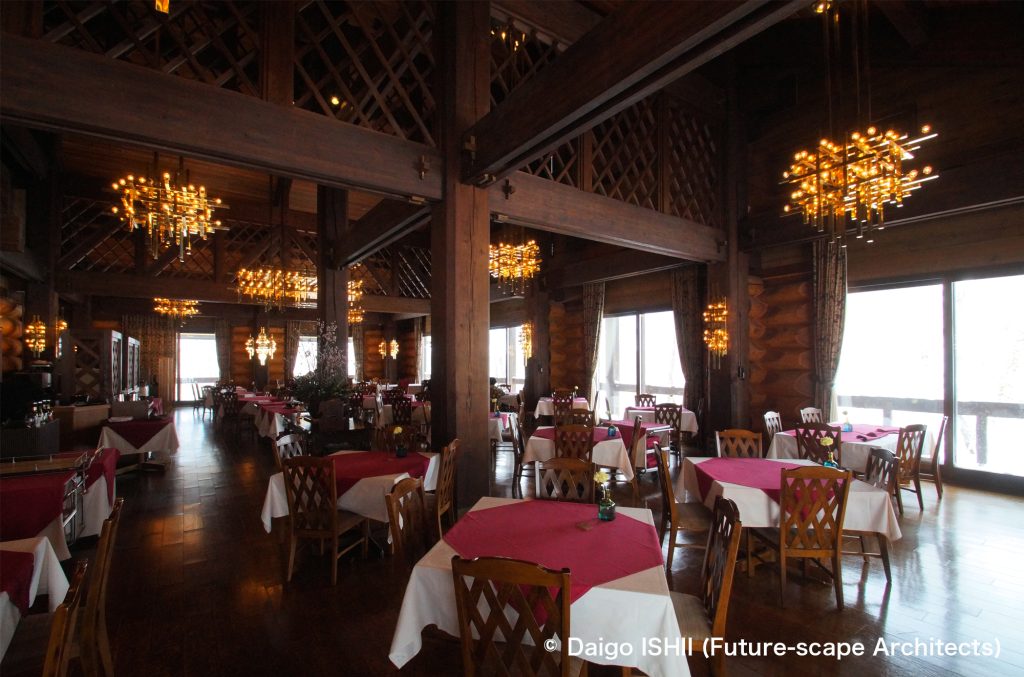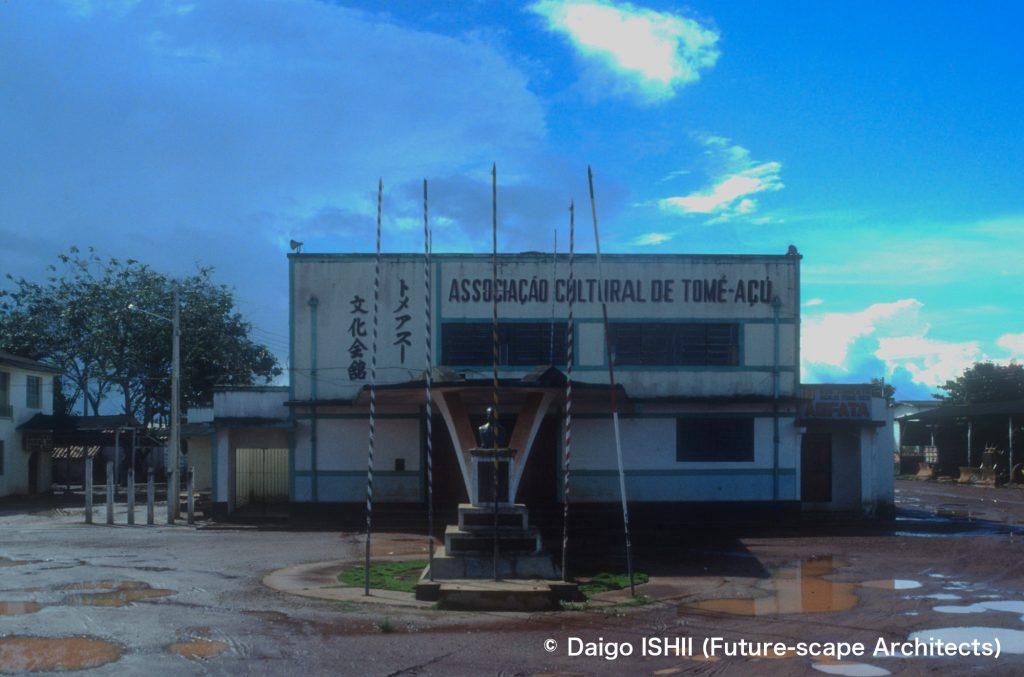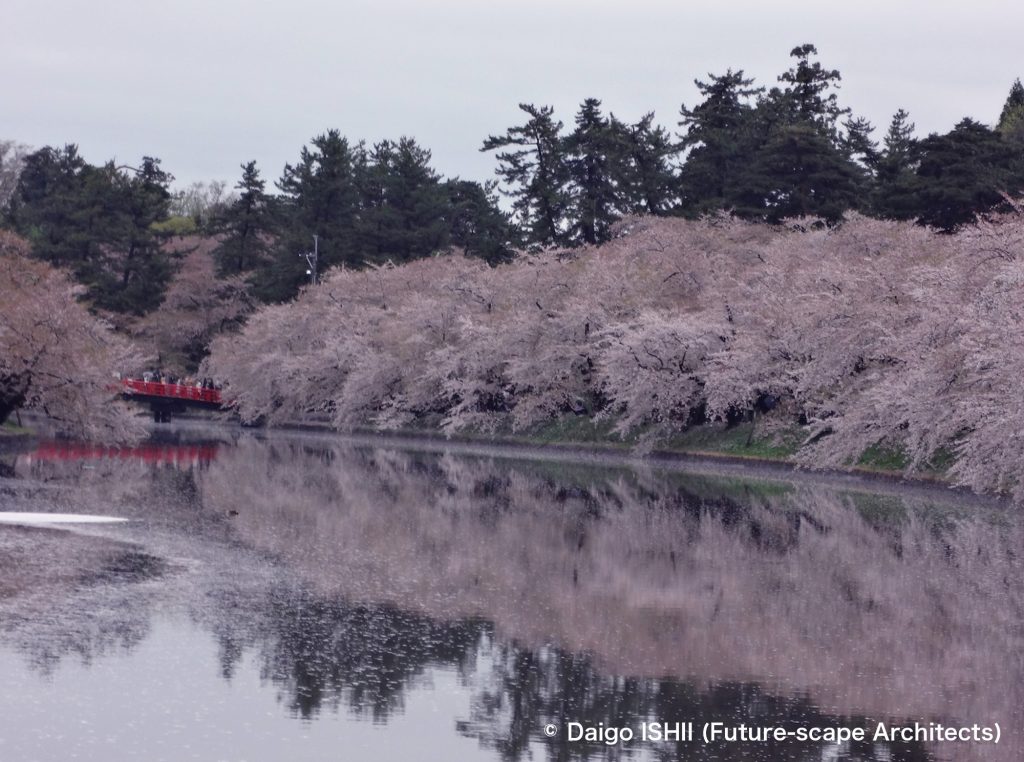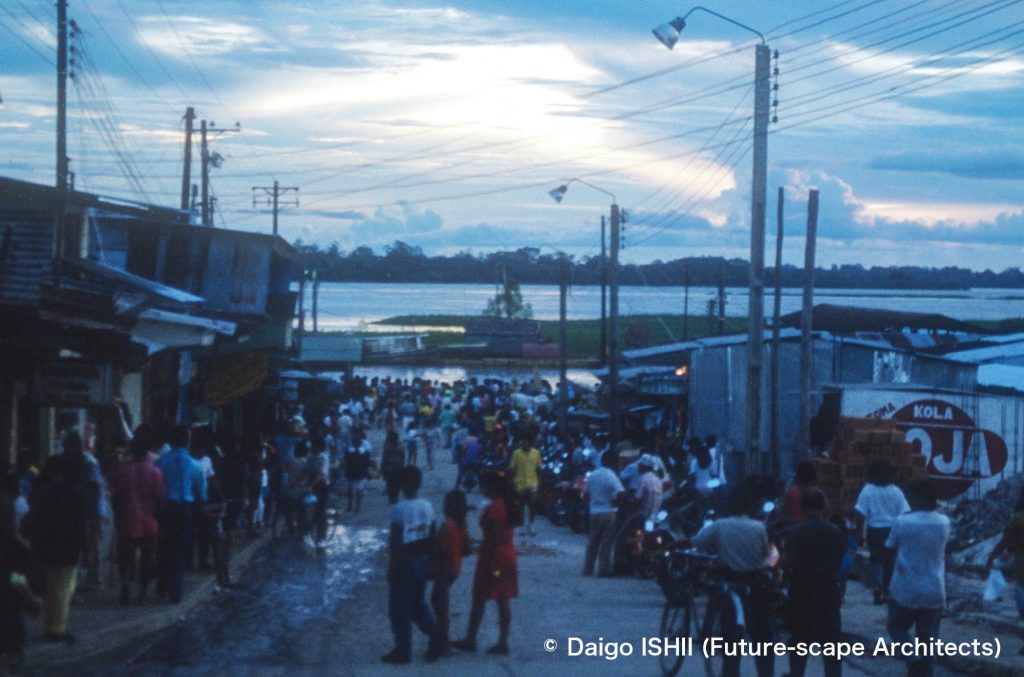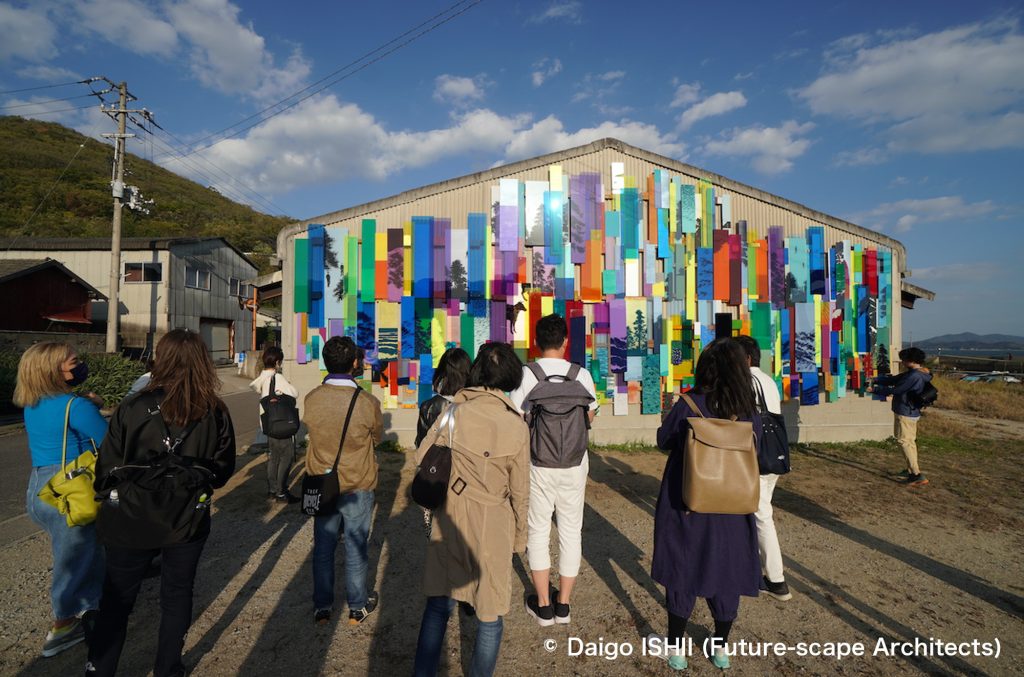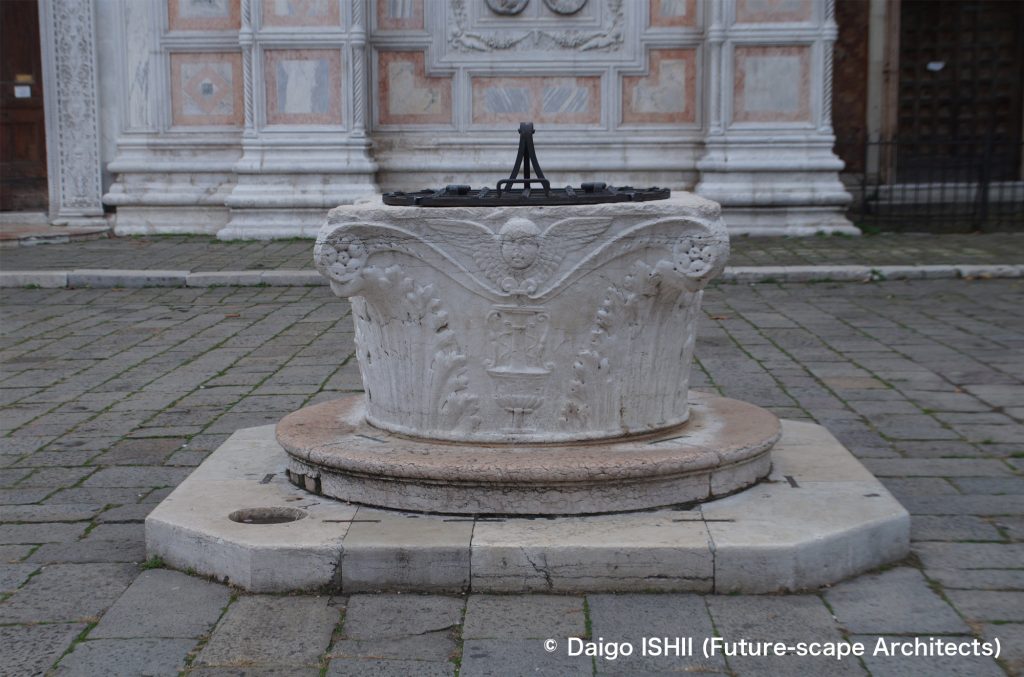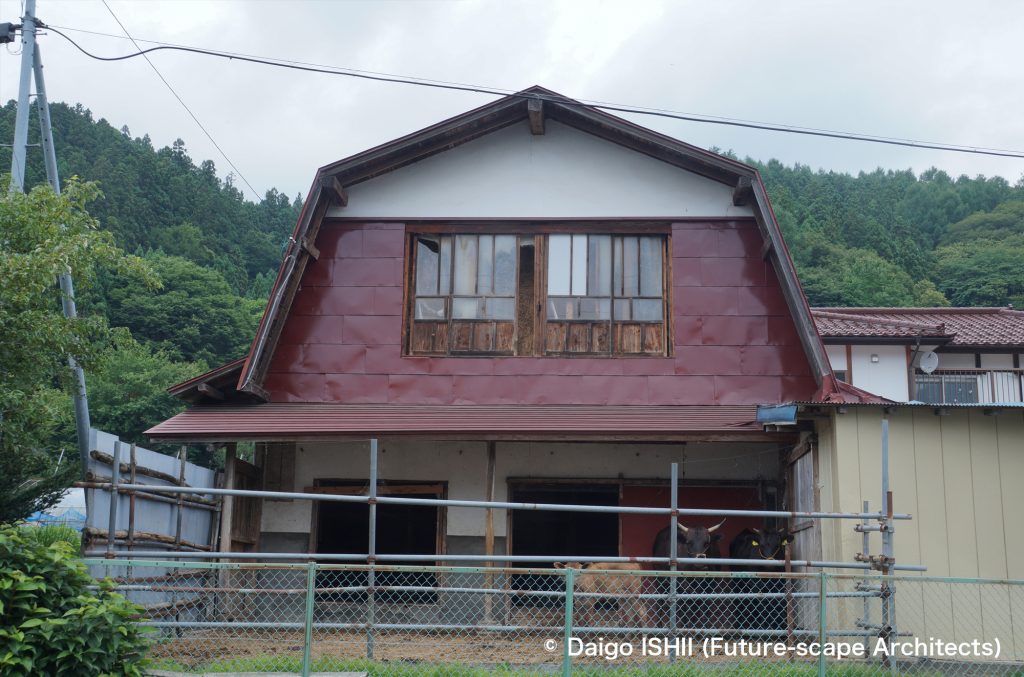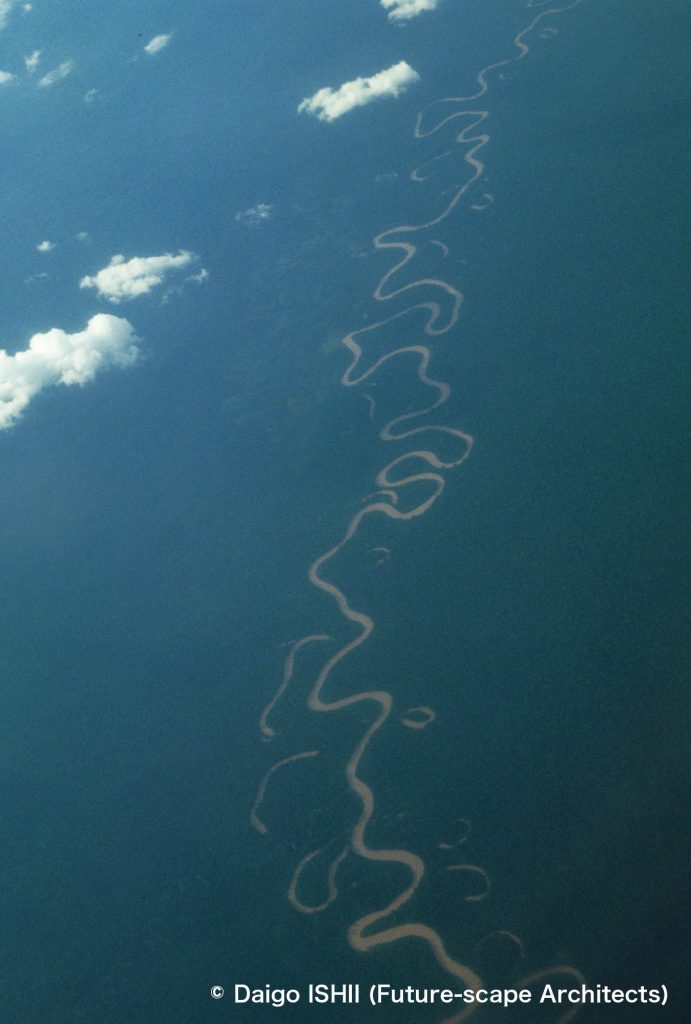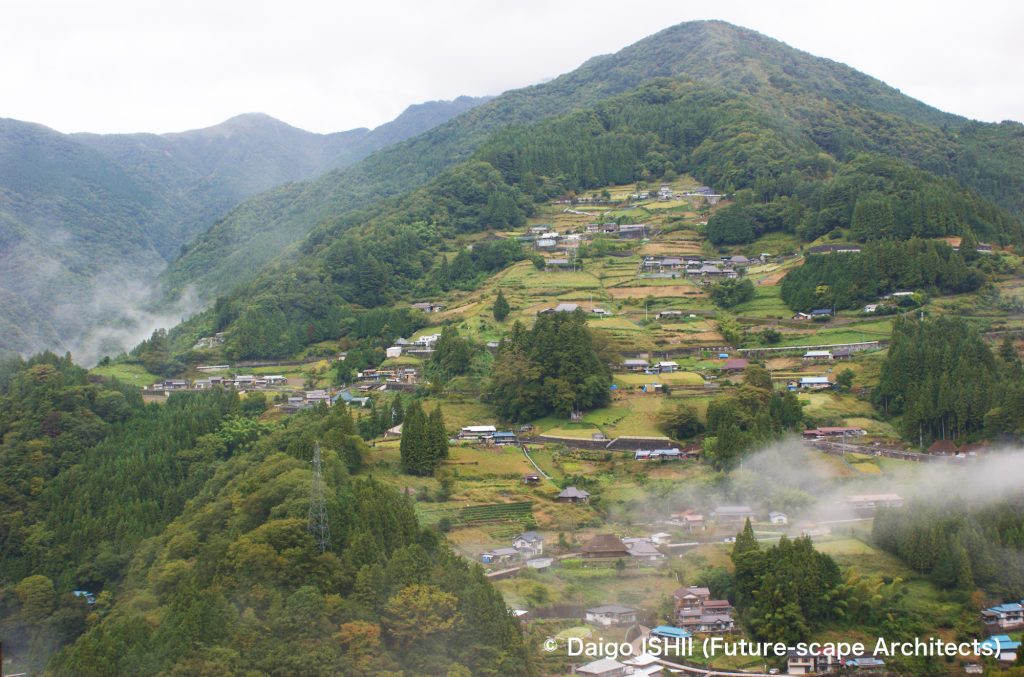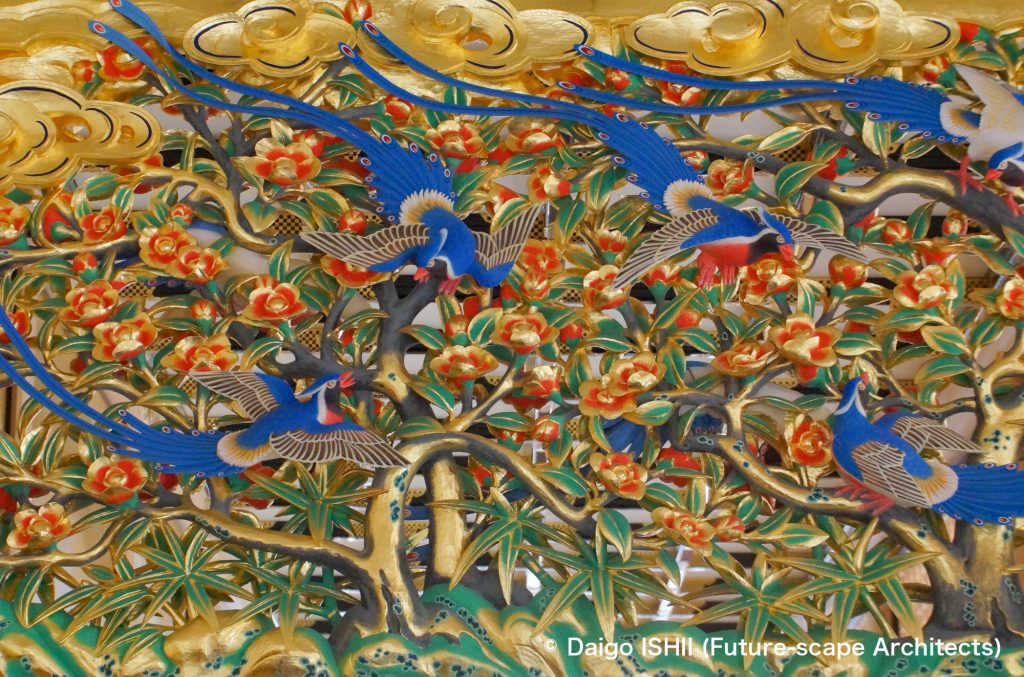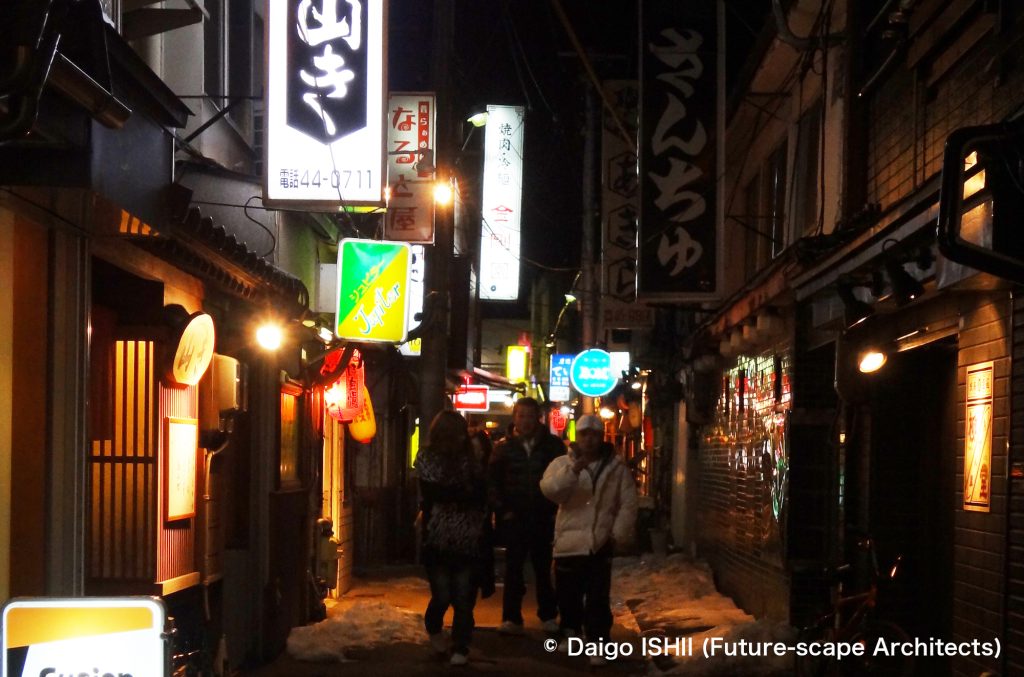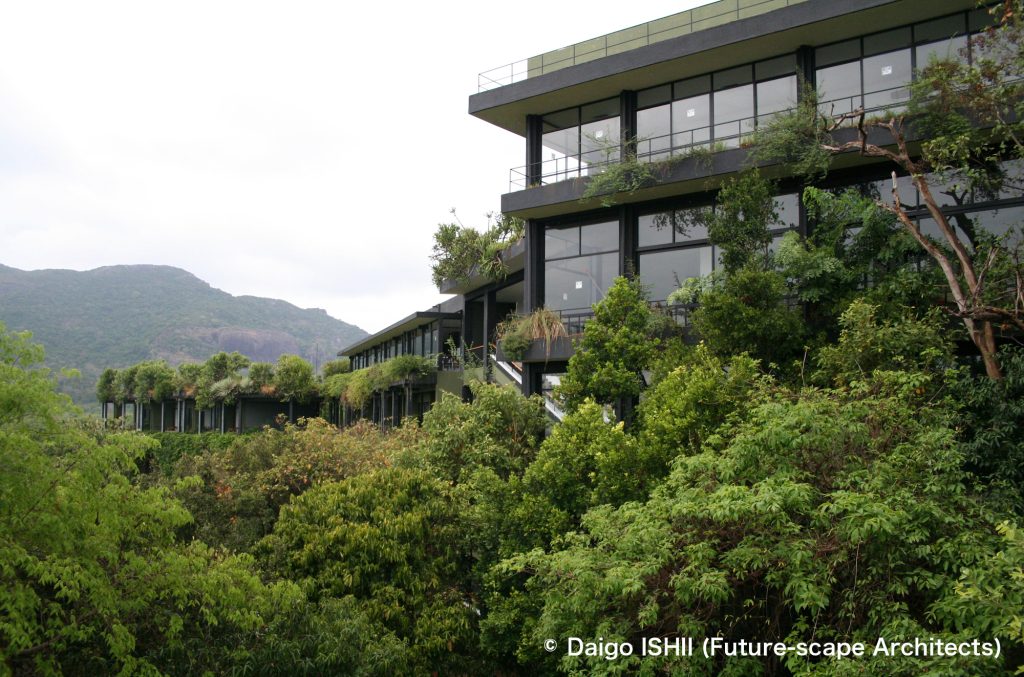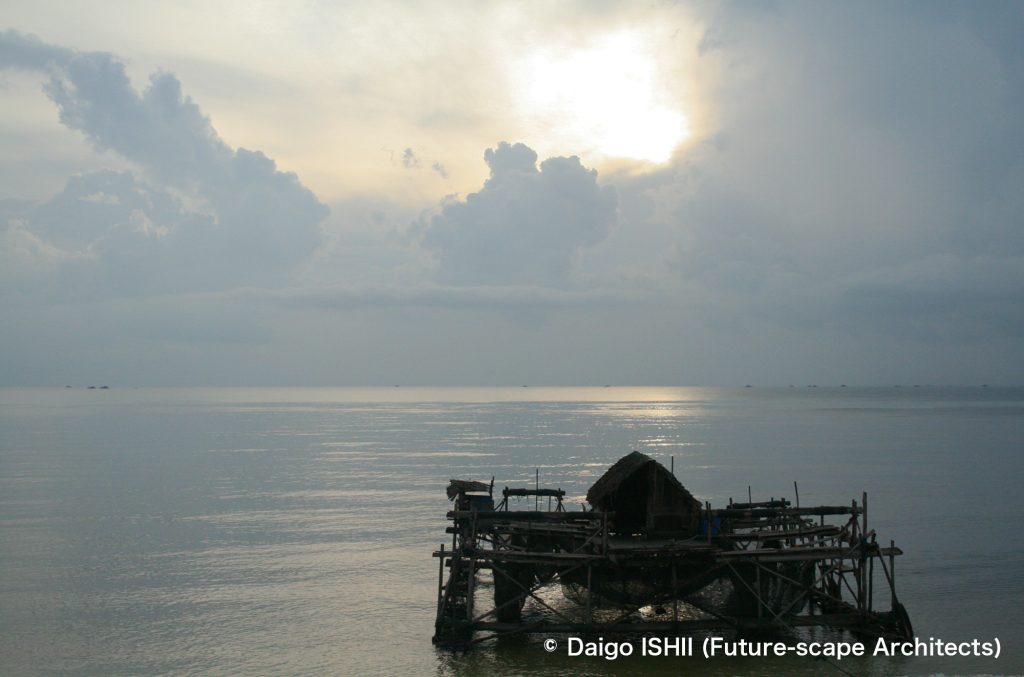In the height of winter, the news medias often feature Sukayu Onsen Hot Spring as "so much snow is piled up." The annual average snowfall is 1760cm, and the maximum snow accumulation is 566cm there. As a place where people live, Sukayu Onsen is the place with the most snow in Japan. That means that it may be the most snowy place among the places where people live in the world.
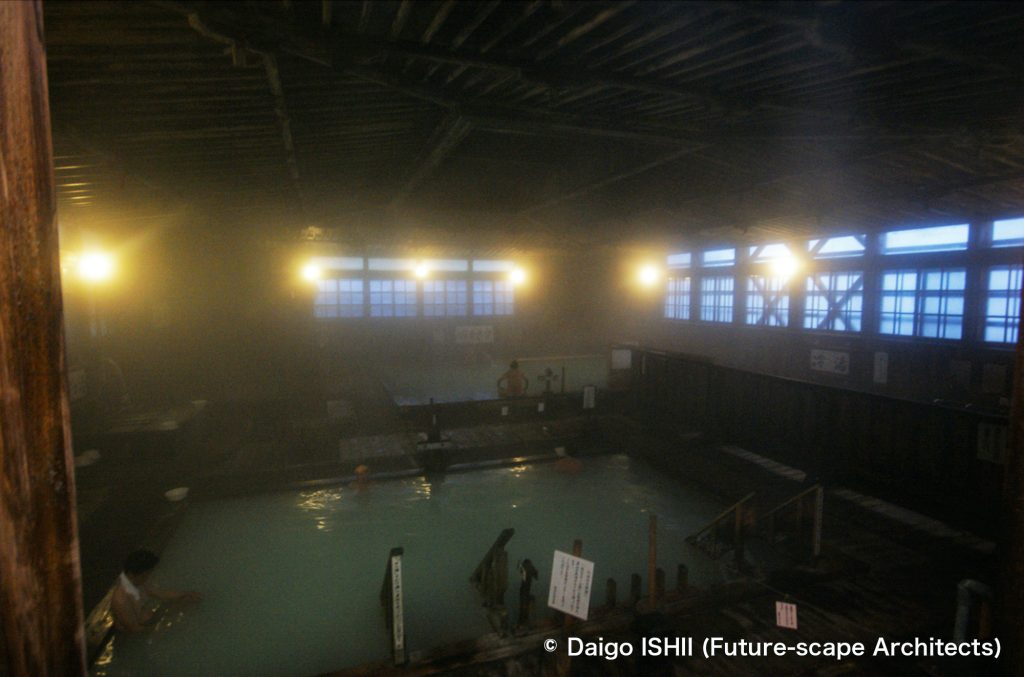
After 70 minutes by bus from Aomori Station through the beech forest at the foot of Mt. Hakkoda, Sukayu Onsen appeared.
The hot spring was discovered in 1684. After that, it became a therapeutic area with a Japanese-style inn. For farmers in that region, the hot spring treatment place during the off-season is Dake Onsen hot spring at the foot of Mt. Iwaki or here half-way up Mt. Hakkoda. In 1954, the owner started its winter operations thanks to a snowplow that he purchased from the Japanese National Railways, and it was designated as the first national hot spring health resort. In 1977, the winter business suffered a major blow by harmful rumours. With the release of a movie "Mt. Hakkoda" based on the actual incident that 199 army soldiers died on Mt. Hakkoda, only several guests a day visited in the winter since people were afraid to go to such a scary place. It was also the mass media that made up for it. Almost every year, the news medias report the depth of snowfalls in Sukayu Onsen. That became an advertisement, and now it is fully occupied even in the winter.
One of the charms is the Japanese Cypress 1,000-Person Bath built with Japanese cypress. Even if it fills up with 80 people in reality, it is one of the largest inner bath in Japan. The cloudy acid sulfur hot spring is smooth, and guests can feel its efficacy. The strength of sulfur ruins the employee's car, and the lifespan of a TV is only 1-2 years. Furthermore, though the building is built on a river and easily damaged by humidity, the government doesn't allow to rebuilt because the site belongs to a national park. However, the wooden building that has been distorted by snow, sulfur, and humidity but has survived for a long time is peculiar. European and American visitors, who come for the aspirin snow of Mt. Hakkoda in recent years, don't choose occidental-style Hakkoda Hotel, which is run by the same company, but Sugayu Onsen hot spring inn.
As I was about to get out of the bath, I noticed a poster on the wall. It writes "The center will be rejuvenated if you pour cold water on it after soaking in the hot water." Please take care of it.
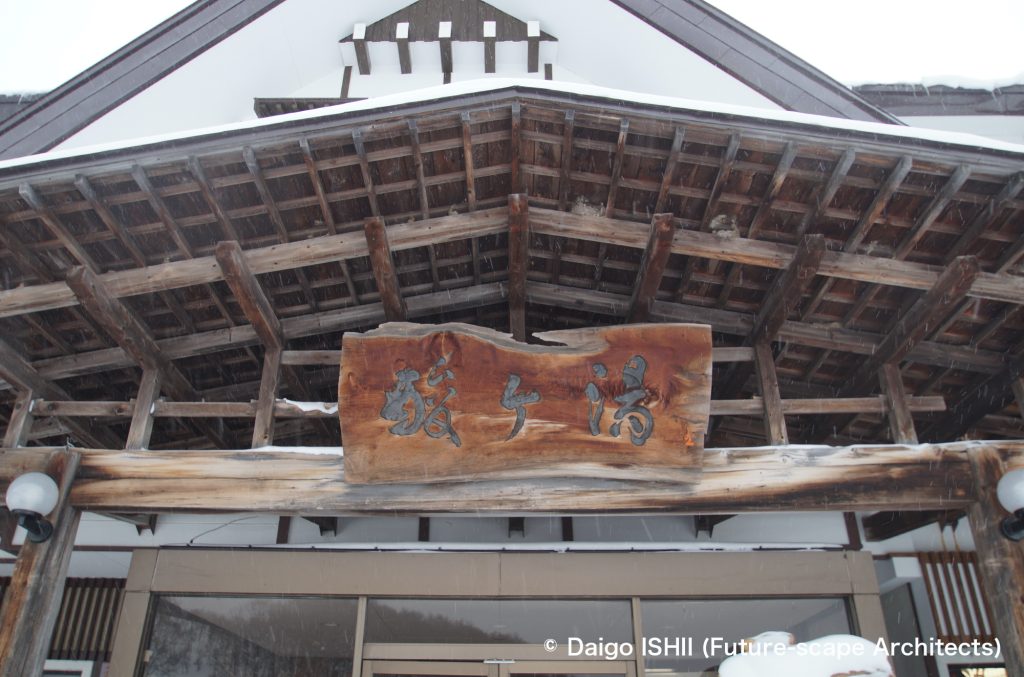
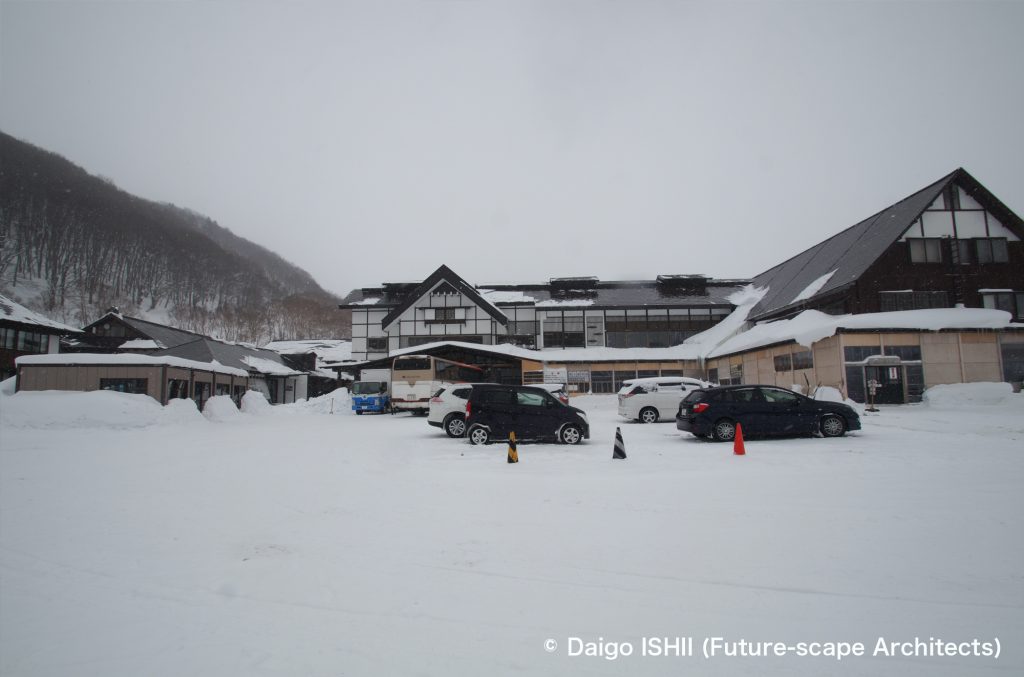
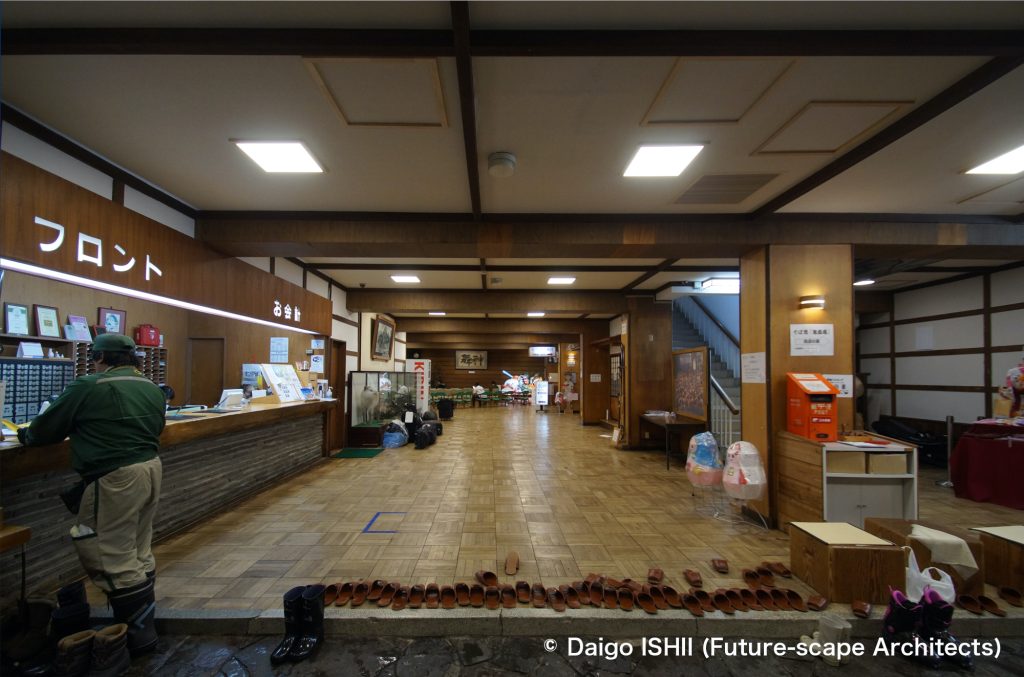
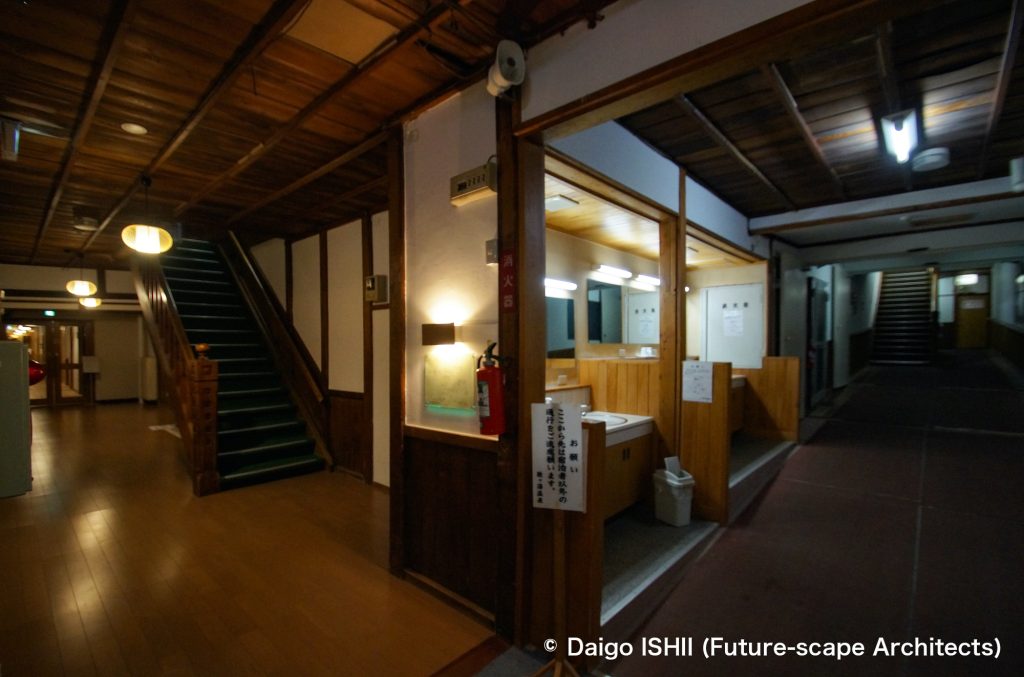
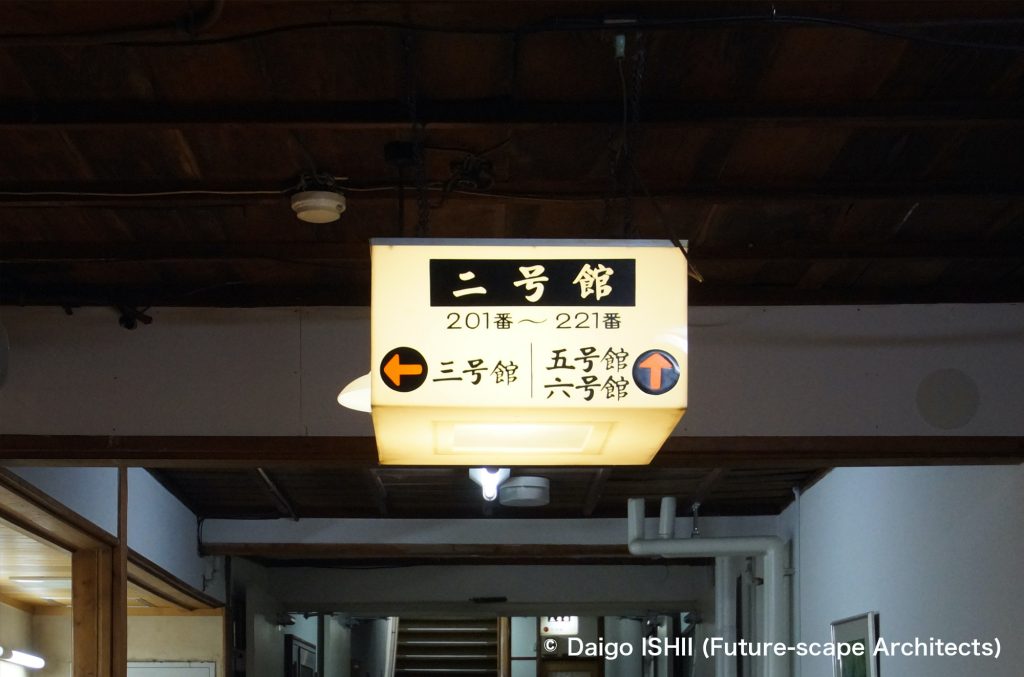
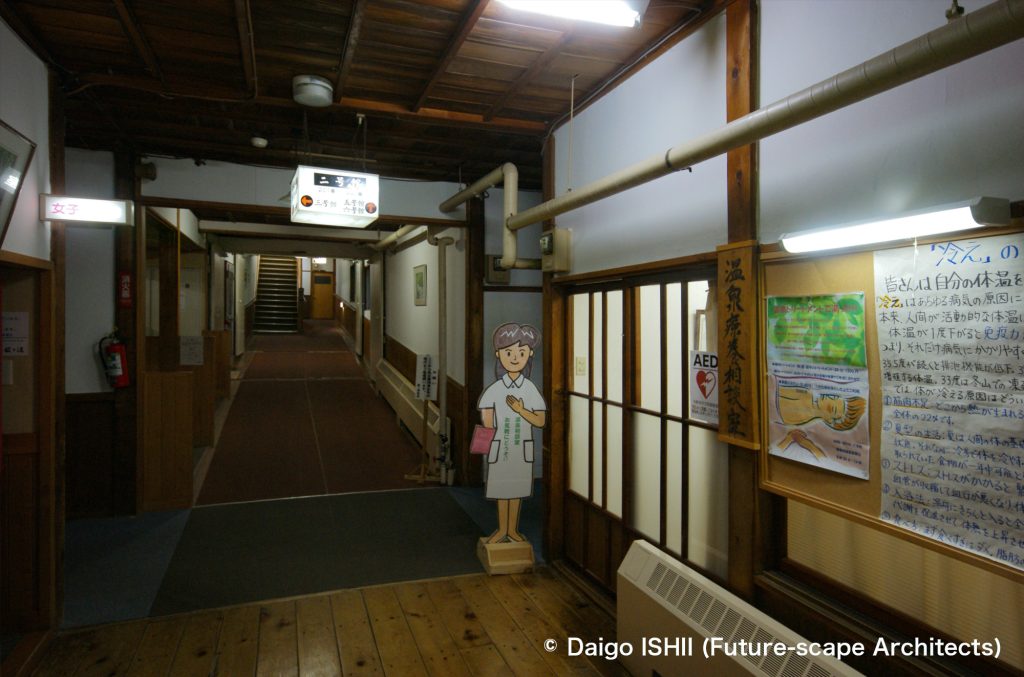
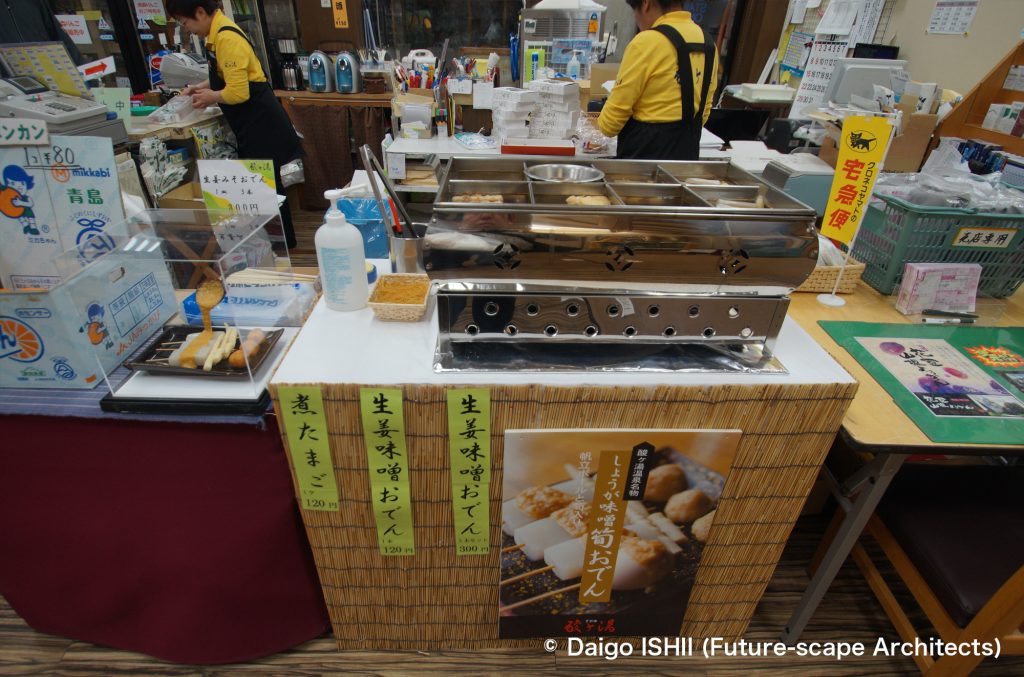
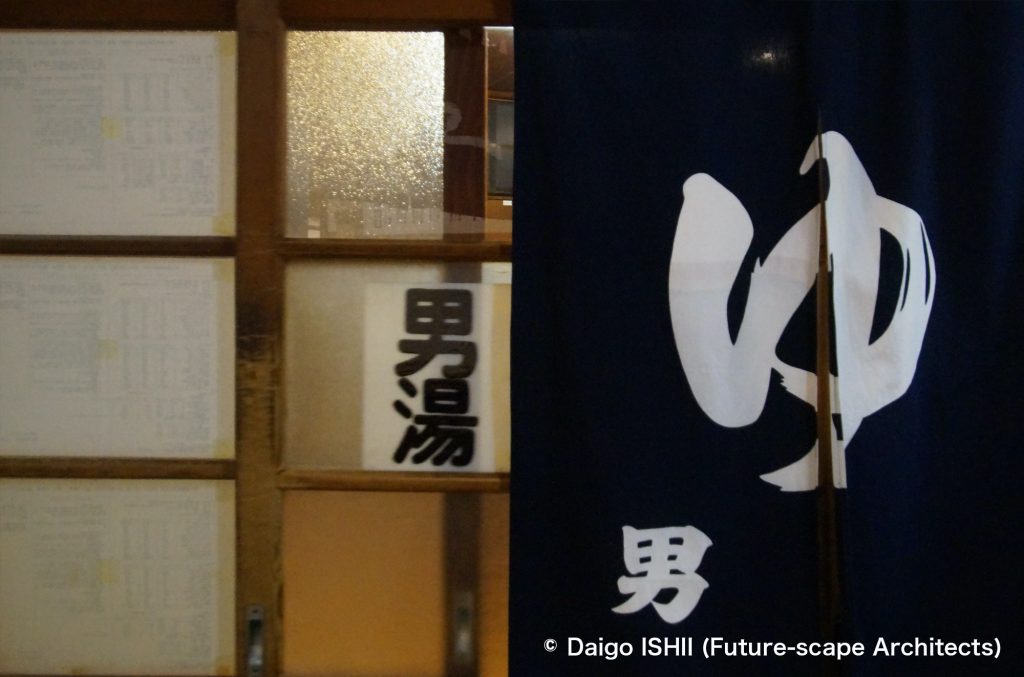
Click here for your impressions
When you want to know more → Time of Travel - Through woods in Aomori - From Hakkoda to Towada : Sugayu Onsen Hot Spring (Aomori city, Aomori, Japan)
reference
酸ヶ湯温泉旅館場
"青森県の歴史散歩" (青森県高等学校地方史研究会編, 山川出版社, 2007)
"郷土資料事典 青森県" (人文社, 1998)
Please do not use or upload our photos without permission.
